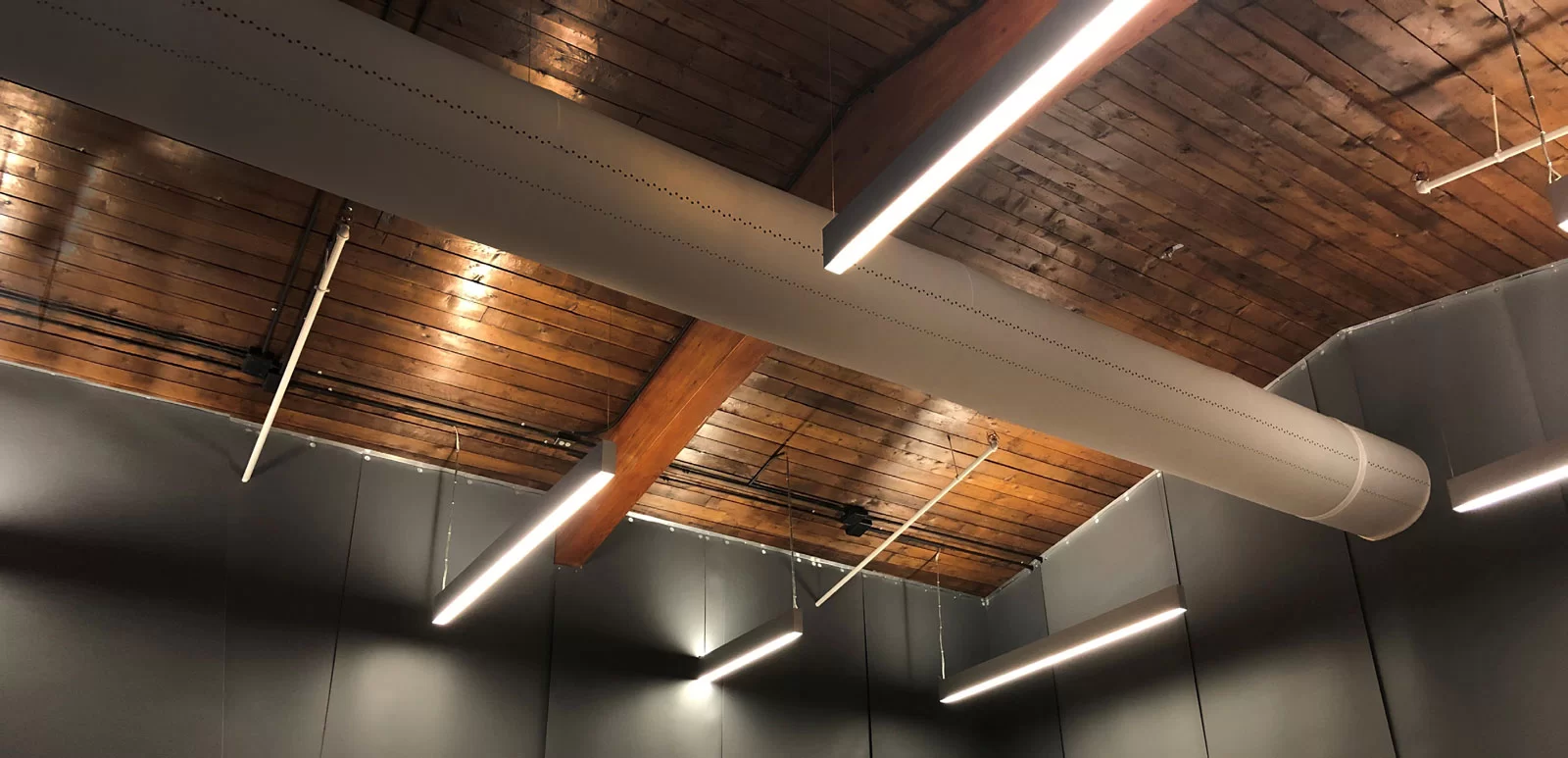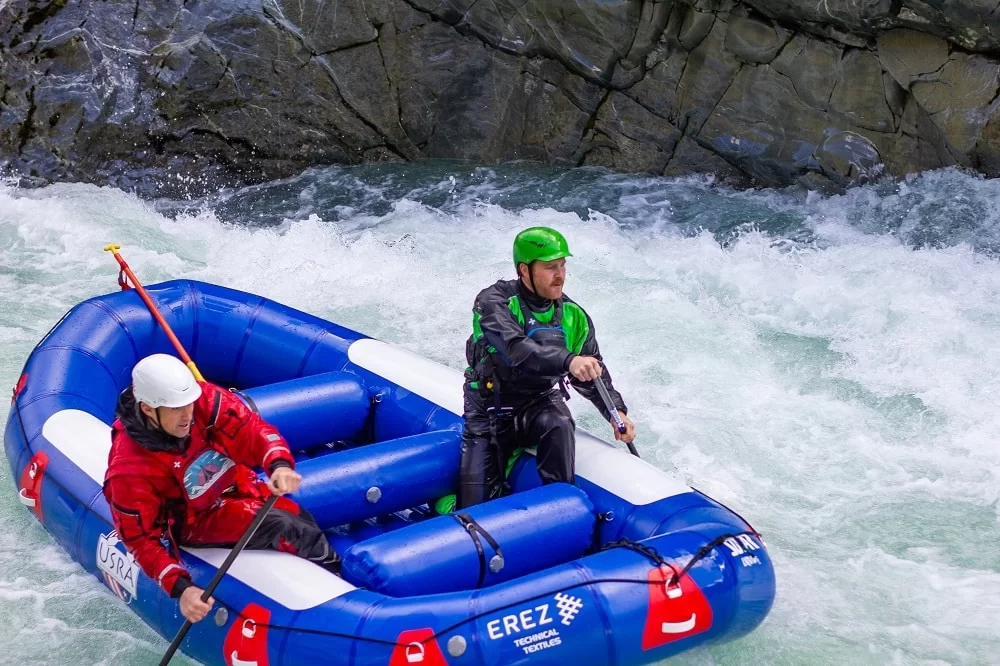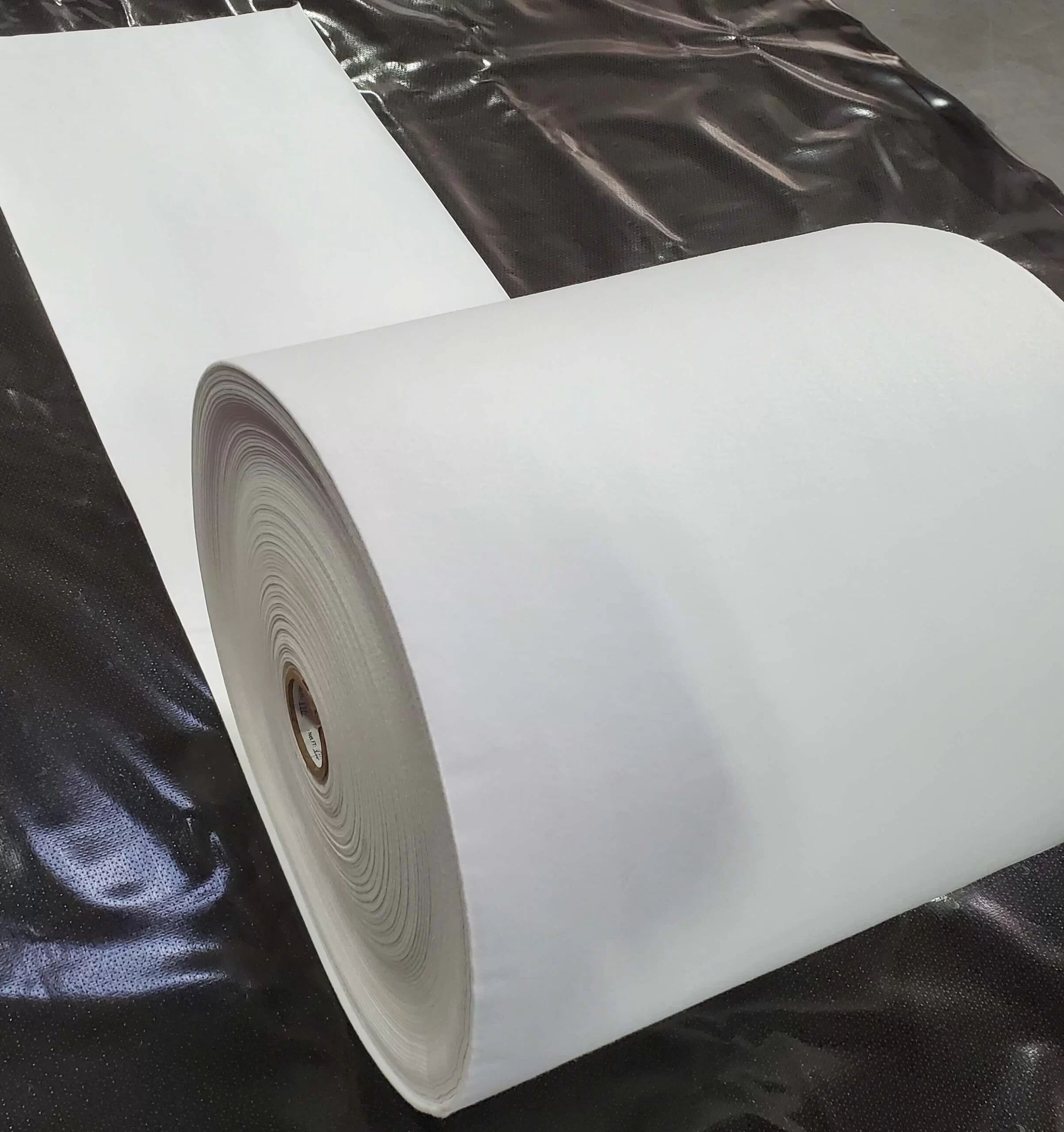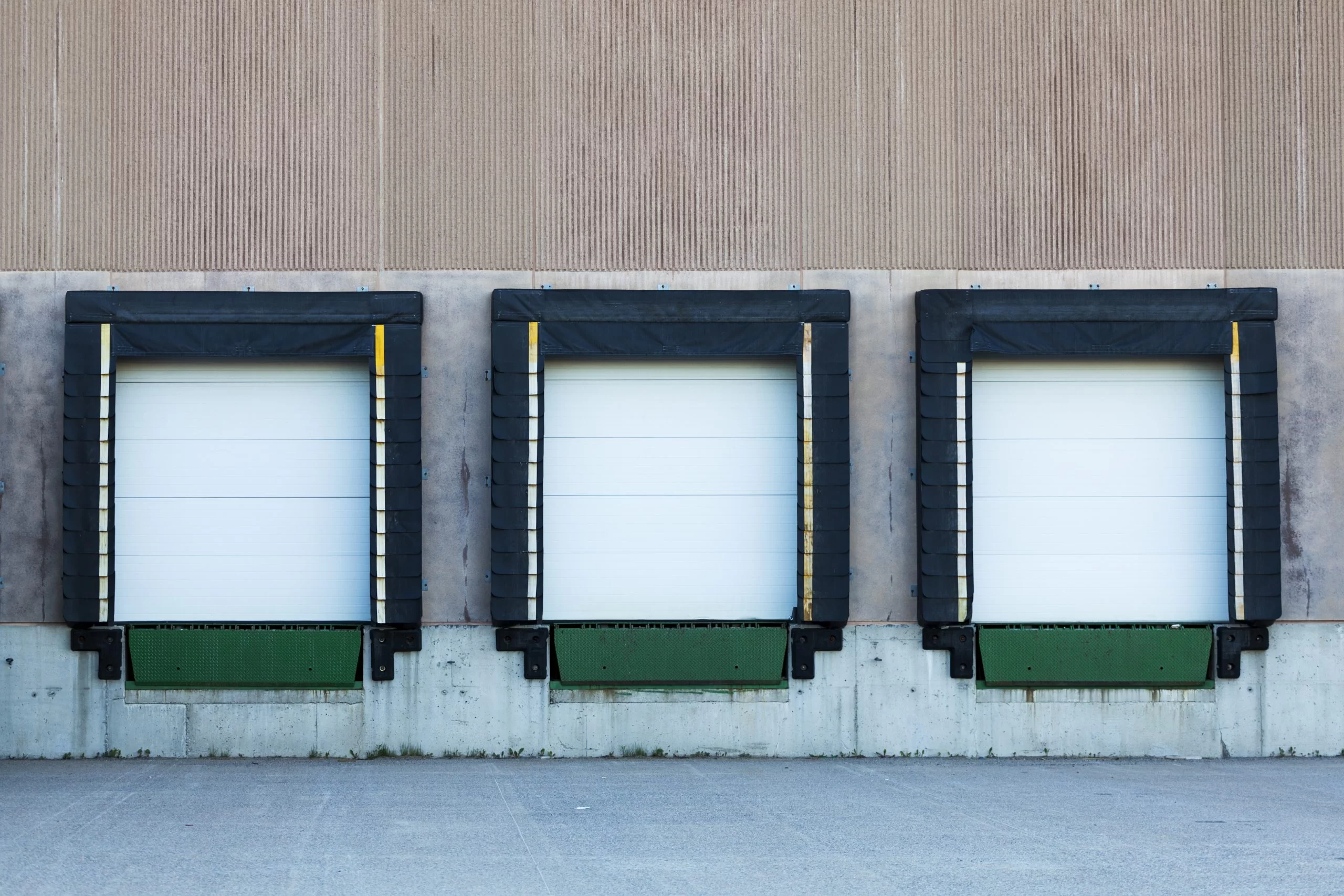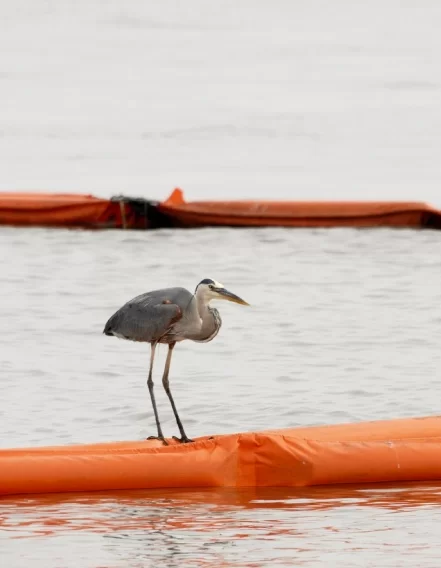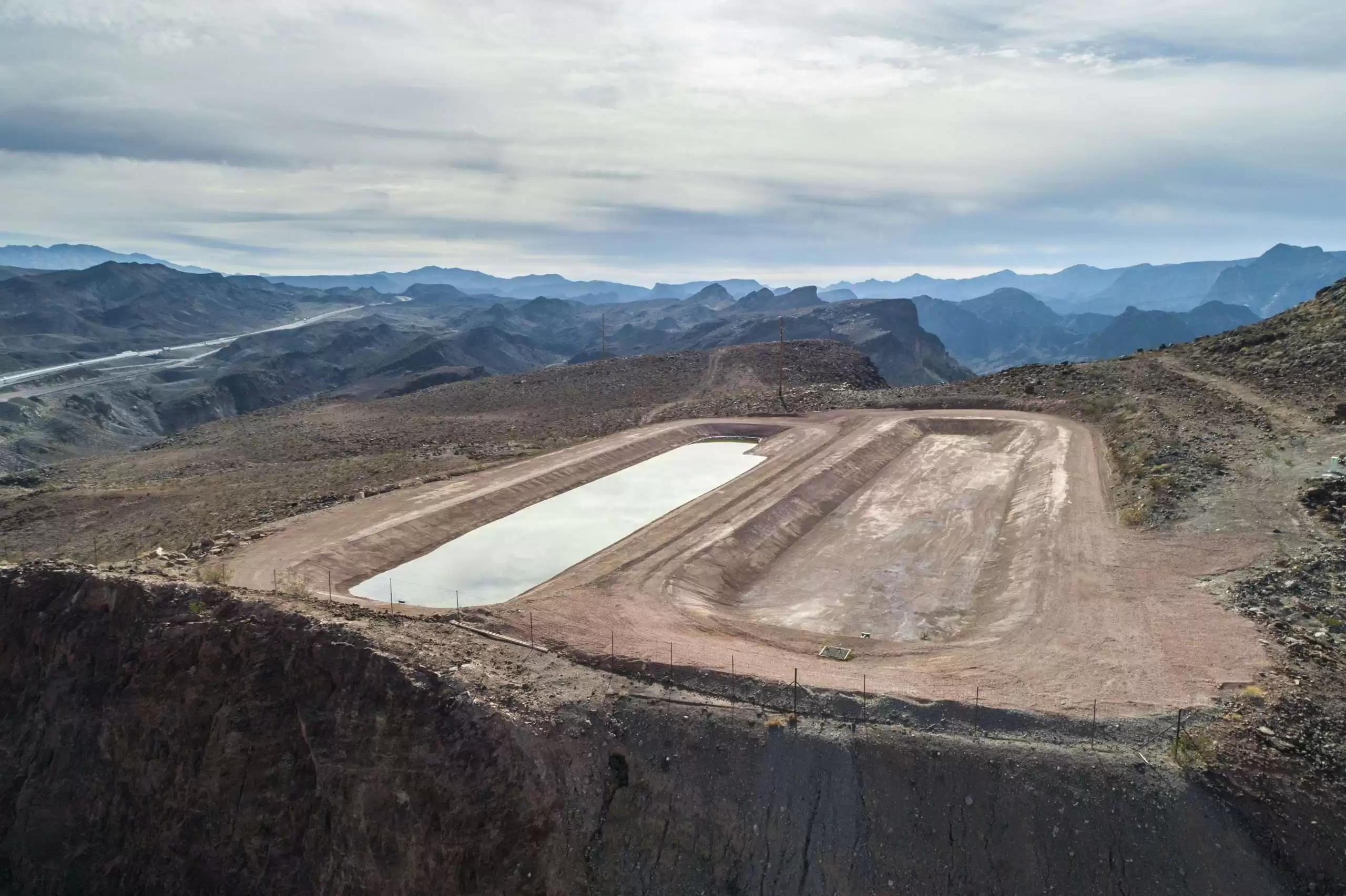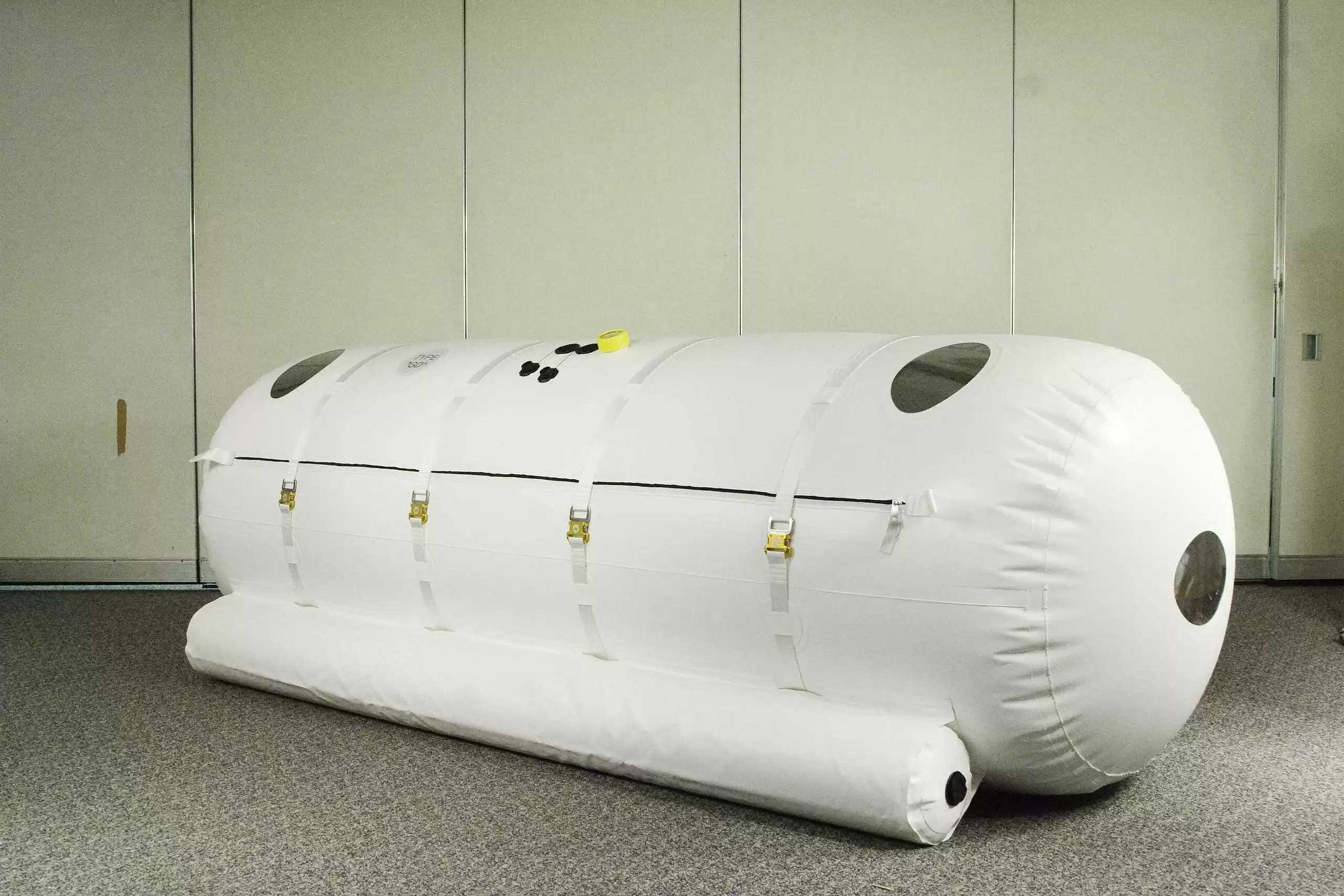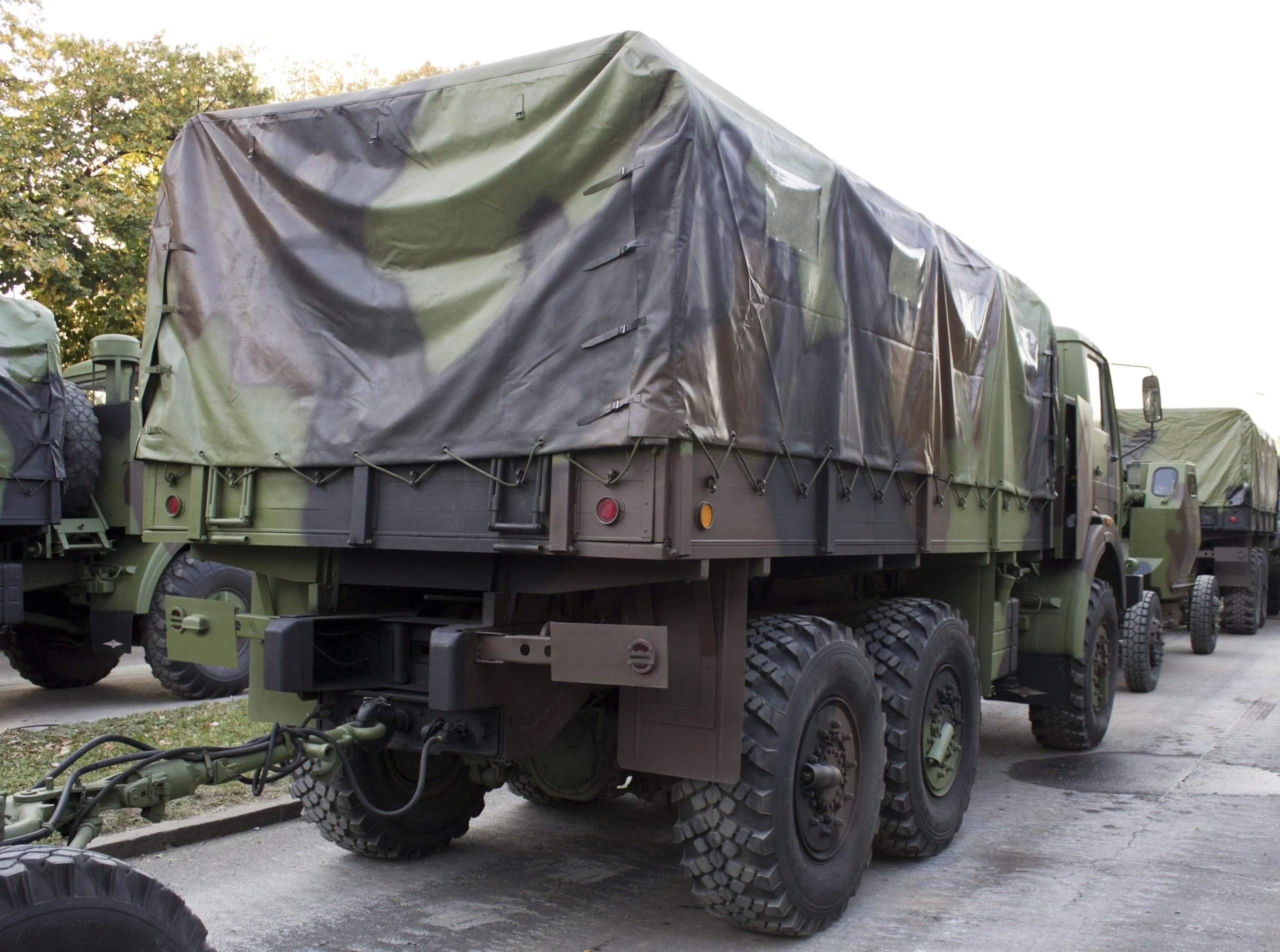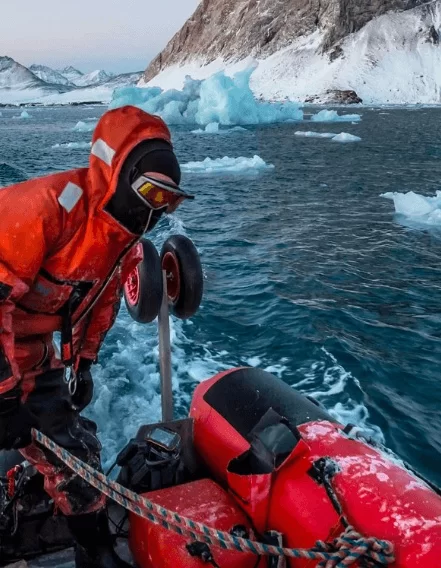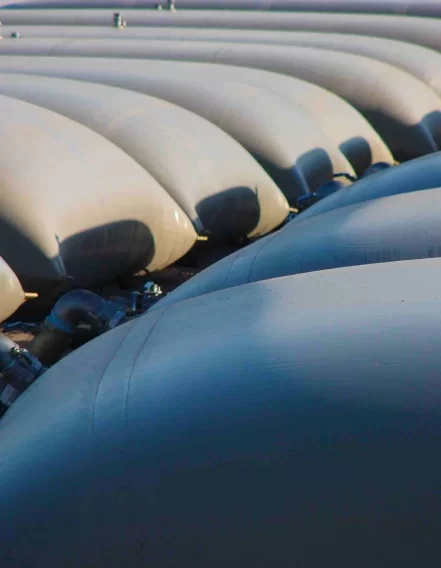Table of Contents
Building Inflatable Boats with TPU: Strength, Flexibility, and Long-Term Reliability
The Fabric Behind Every High-Performance Inflatable
Behind every dependable inflatable boat is the material that gives it structure, strength, and reliability. The coated fabric determines how well a vessel performs under constant sunlight, high pressure, and saltwater exposure. For modern inflatable boats, that material is Thermoplastic Polyurethane (TPU).
At E Squared Technical Textiles, we supply advanced TPU-coated fabrics that provide the durability, weldability, and performance today’s marine manufacturers demand.
Why TPU Has Become the Preferred Choice
Thermoplastic Polyurethane combines the elasticity of rubber with the toughness of plastic. This unique chemistry creates a material that is:
- Elastic and highly durable under repeated stress
- Fully weldable, eliminating solvent-based adhesives
- Resistant to UV light, fuel, and hydrolysis
- Lightweight and flexible across extreme temperature ranges
For manufacturers, TPU means lighter boats, easier production, and longer product life while maintaining environmentally responsible fabrication processes.
Step-by-Step: Building Inflatable Boats with TPU-Coated Fabric
1. Material Selection
Choosing the right TPU grade is the first step in building a reliable inflatable boat.
- Aromatic TPU offers excellent mechanical strength and puncture resistance, making it ideal for internal structures and bottom reinforcement.
- Aliphatic TPU provides superior UV stability and color retention, making it perfect for outer coatings and visible areas.
E Squared offers both aromatic and aliphatic TPU coatings on polyester or nylon substrates, available in multiple thicknesses to meet strength and flexibility requirements.
2. Fabric Cutting and Preparation
TPU-coated fabrics are precision cut to ensure accurate panel alignment. Because TPU does not fray, the cut edges remain clean, which allows for airtight seams and a smooth, professional finish.
3. Seam Welding
Instead of gluing, TPU-coated fabrics are joined using thermal welding methods such as hot-air, radio-frequency (RF), or impulse welding. This creates a uniform molecular bond that produces stronger and more consistent seams.
Benefits include:
- Uniform seam strength
- Reduced assembly time
- No toxic adhesives
- Easier quality control and repeatable production results
4. Tube Assembly and Inflation
Welded panels are shaped into tubes or chambers and inflated under controlled pressure. TPU’s elasticity allows each tube to maintain its shape while resisting fatigue from folding or compression, which improves long-term dimensional stability.
5. Finishing and Quality Testing
After the tubes and chambers are assembled, the fabric surface can be embossed, heat-sealed, or printed with branding. Each finished product undergoes inflation, pressure-retention, and UV-aging tests to verify strength and consistency.
TPU vs. Traditional Materials
Property |
TPU-Coated Fabric |
Hypalon (CSM) |
PVC |
Seam Method |
Weldable |
Adhesive |
Adhesive |
UV Resistance |
Excellent (Aliphatic TPU) |
Moderate |
Poor |
Abrasion Resistance |
High |
Medium |
Medium |
Weight |
Lightweight |
Heavy |
Light |
Environmental Impact |
Solvent-free and recyclable |
Limited recyclability |
High VOC adhesives |
Customization Options from E Squared
Every boat manufacturer has specific performance goals such as speed, flexibility, or visual design. E Squared provides:
- Custom base fabrics such as polyester or nylon
- Single-sided or double-sided TPU coatings
- Color-matched aliphatic finishes for UV-exposed surfaces
- Textured embossing for grip or visual appeal
- Weld adhesion optimization for different welding systems
Our engineering team works closely with manufacturers to align fabric specifications with equipment capabilities and production standards.
Sustainability and Compliance
E Squared’s TPU-coated fabrics are designed for sustainability. They feature:
- No solvent adhesives or halogens
- Reduced emissions during production
- Recyclable thermoplastic base layers
- Extended service life to reduce waste
By switching from Hypalon or PVC to TPU, manufacturers achieve both better performance and improved environmental compliance.
Why Marine Manufacturers Choose E Squared
- Proven performance in rescue, defense, and commercial marine applications
- Reliable production and traceable supply chain
- Technical guidance for welding and fabrication optimization
- Scalable manufacturing for OEM and specialty projects
From inflatable collars and rescue crafts to tenders and pontoons, E Squared delivers TPU-coated marine fabrics that meet real-world performance requirements.
Ready to Build with TPU?
Bring your next inflatable boat design to life with high-performance TPU fabrics from E Squared Technical Textiles.
👉 Request Fabric Samples
👉 Download Technical Data Sheets
👉 Talk to Our Marine Applications Team

